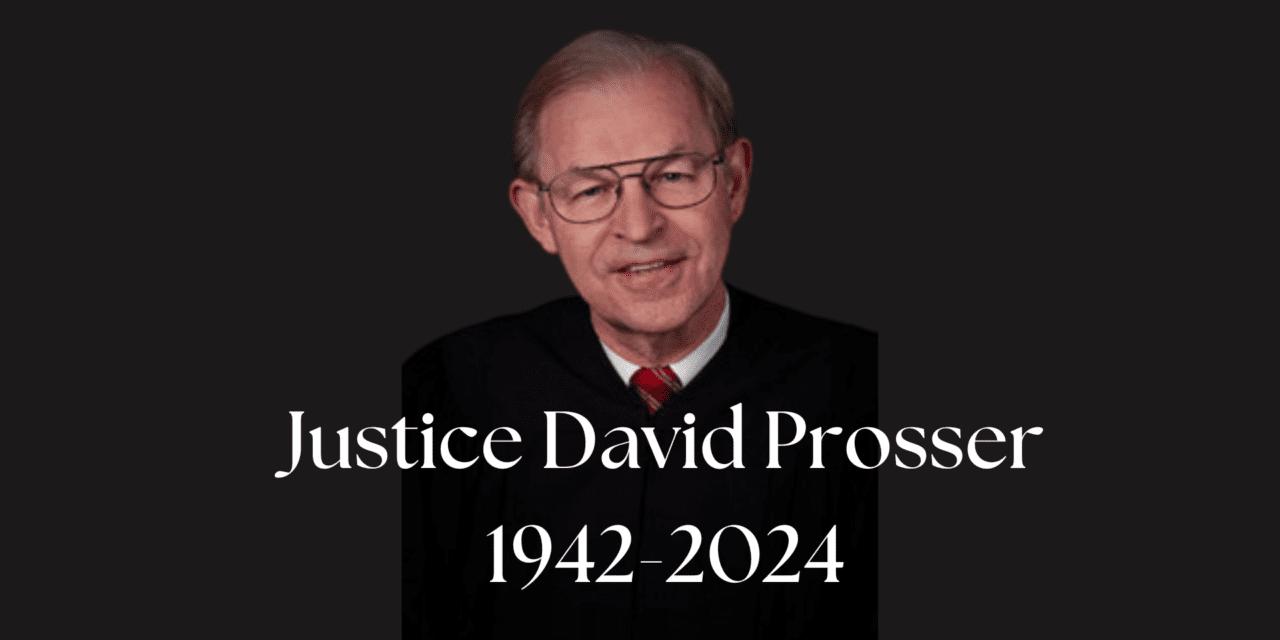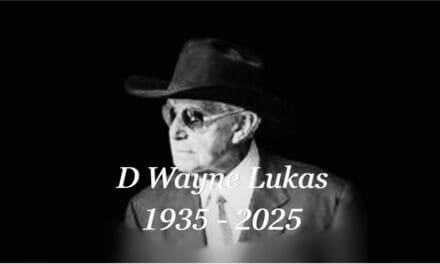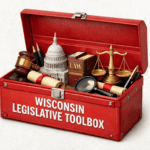A Legacy in Wisconsin Politics and Law
Born on Christmas Eve 1942, in Chicago, Illinois, David Thomas Prosser Jr. has left an indelible mark on the political and judicial landscape of Wisconsin. Raised in Appleton, his public service career was shaped by a strong educational foundation, earning a BA from DePauw University in 1965 and a law degree from the University of Wisconsin Law School in 1968.
Prosser died Sunday night.
Early Career and Legislative Leadership
Prosser’s early professional life took him to Washington D.C., where he worked as an attorney-advisor at the U.S. Department of Justice and later as an administrative assistant to U.S. Representative Harold Froehlich during the Watergate impeachment hearings. After returning to Wisconsin, he briefly practiced law before serving as Outagamie County’s District Attorney from 1977 to 1978.
His political career gained momentum when elected to the Wisconsin State Assembly in 1978, representing Appleton for 18 years. Prosser’s legislative career was marked by his ascent to leadership positions, serving six years as Assembly Minority Leader and notably, two years as Speaker of the Assembly from 1995 to 1996. As a conservative Speaker, Prosser was instrumental in pushing for key legislation, including the initiative for a new baseball stadium for the Milwaukee Brewers, emphasizing Wisconsin’s status as a “big league” state. His tenure was also characterized by his focus on criminal justice, public safety, and judicial reforms, reflecting his legal background.
In 1996, he ran for Wisconsin’s 8th Congressional district seat, which was vacated by retiring U.S. Representative Toby Roth. He won the Republican primary but was defeated in the general election by Democrat Jay W. Johnson.
The Supreme Court Years
In 1998, Governor Tommy Thompson appointed Prosser to the Wisconsin Supreme Court, filling a vacancy left by Janine P. Geske. He was elected to a full 10-year term in 2001 and re-elected in 2011, amidst one of the most contentious judicial races in recent history. This election, against Assistant Attorney General JoAnne Kloppenburg, became a proxy battle over Governor Scott Walker’s controversial policies, particularly his efforts to limit collective bargaining rights for public employees.
Prosser’s 2011 election victory was so close that it led to a recount, showcasing the high stakes and public interest in the court’s composition. The election results were pivotal, as they were seen as a vote on Walker’s policies, and maintaining a conservative majority on the court was crucial for the Republican agenda. Despite calls for a recall election against him in 2012 due to the controversies, Prosser successfully fended off these efforts, maintaining his position through the remainder of his term.
Post-Supreme Court Influence
Retiring in July 2016, Prosser did not step away from the public eye. His advice was sought in 2023 by Assembly Speaker Robin Vos regarding the potential impeachment of liberal Justice Janet Protasiewicz, where he advised against such actions based on the information available. This involvement demonstrated his continued influence in Wisconsin politics beyond his official roles.
Legacy
David Prosser’s career is a complex and impactful blend of public service, legal acumen, and political skill. His contributions to the state’s legislative and judicial branches were significant, and he even served in the executive branch for a brief period as a tax appeal commissioner from 1997-98.
Prosser served as an inspiration and mentor to a generation of Republican lawmakers, legislative staff and attorneys.
Earlier this year, the Supreme Court’s contentious decision to rename the state law library from “Justice David T. Prosser, Jr. State Law Library” to honor Lavinia Goodell, Wisconsin’s first female lawyer, stirred debate. Some viewed it as a politically motivated act by the court’s new liberal majority.
Regardless of spats that played out in the press over his career, David Prosser’s legacy in Wisconsin is multifaceted. His work in crafting laws, his judicial decisions, and the way he navigated the often turbulent waters of state politics have left a lasting impact.
His career illustrates the possibilities that occur at the intersection of law, politics, and personal integrity, and offers lessons in the complexities of public service in an era where judicial roles can become battlegrounds for broader political agendas.
His story is one of both cooperation and contention, jurisprudence and ideology. While some will debate the merits of his legacy based on their own politics, his impact as a Wisconsin public servant was profound and undeniable.
May he rest in peace.


















